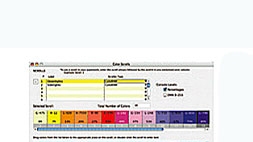
whether an exemption would be appropriate, whereby the school should assist the parent to apply for an exemption. the implications for not approving the absence. cultural factors or details of the student and family's circumstances. whether or not the principal has approved this kind of absence before. whether the parent has requested this kind of absence before, and if so how recently and how many times. whether or not the length of absence will affect the student's learning. if this kind of absence is covered in the school's policy (for example, shopping, birthday, visiting relatives). whether the student should do some learning activities during the absence (refer to Student Absence Learning Plan in the Resources tab). whether the absence has a reasonable excuse, or is entitled to an exemption, under the Education and Training Reform Act 2006 (Vic). In exercising their discretion, the Principal should take the following considerations into account: 
notifying the parent if the absences have not been excused.exercising their discretion as to whether or not to excuse or not excuse the absence.

considering a request from a parent to approve an absence.The process for making a decision about student absences involves a principal: Principals can consider the excuse given for an absence and use their discretion to decide if the parent has a reasonable excuse for not meeting their legal obligations ('excused absence') or does not have a reasonable excuse ('unexcused absence'). 6 Requirements for schools managing absence Excusing and not excusing absences






 0 kommentar(er)
0 kommentar(er)
